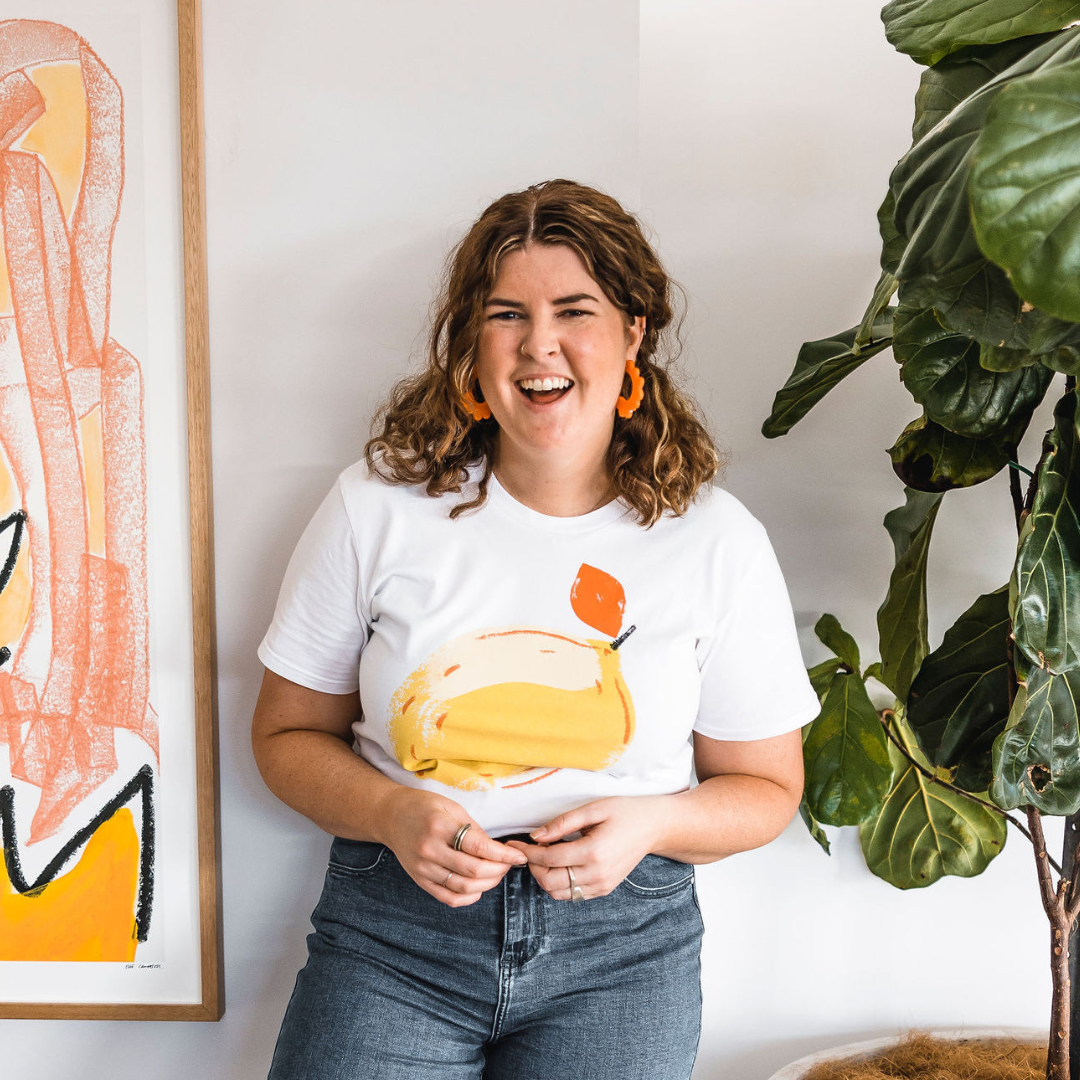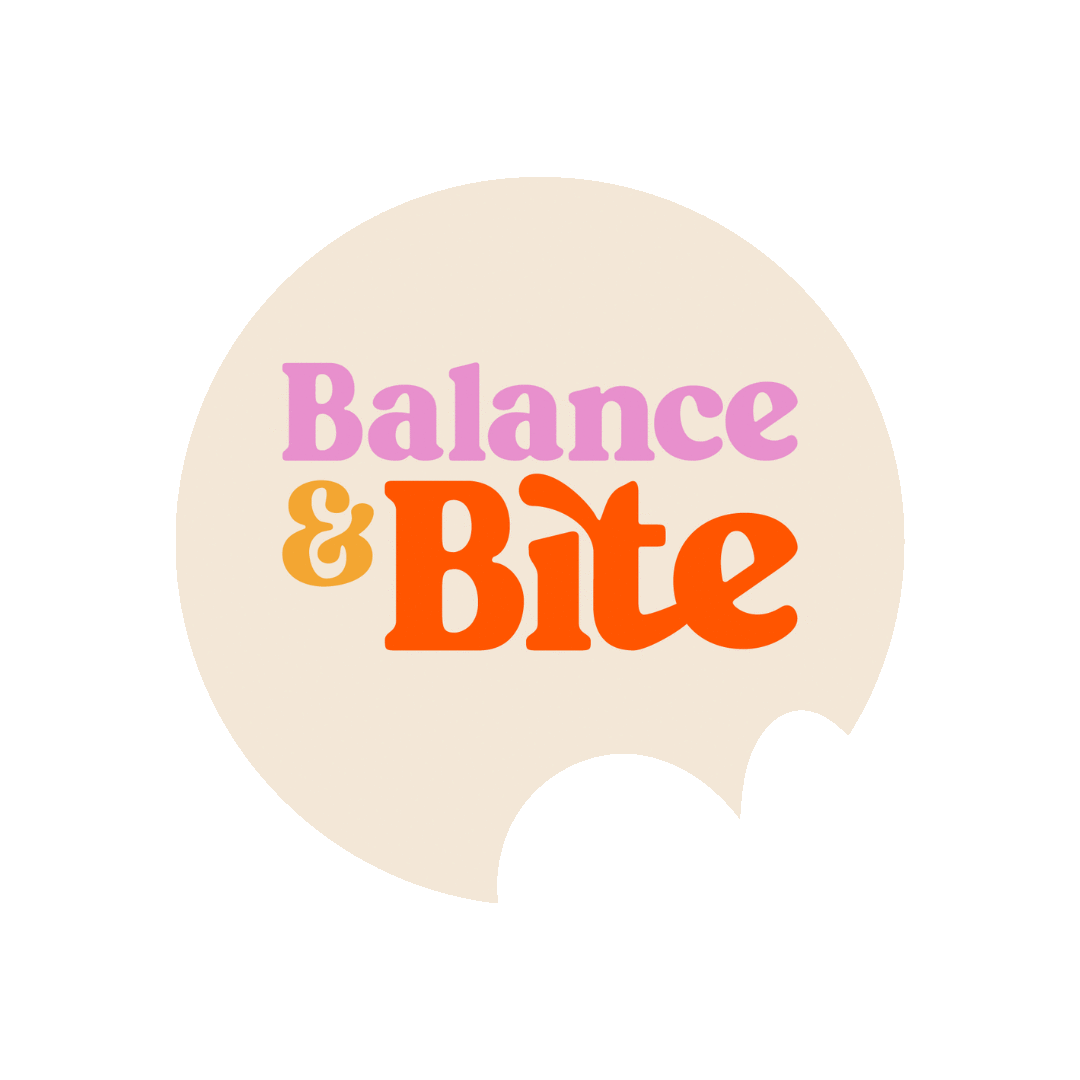What’s find food freedom?
If you’ve explored the world of intuitive eating, chances are you’ve come across the term “food freedom”. But what does it mean to feel free around food? At Balance and Bite, we describe food freedom as liberation from restrictive dieting, body loathing and years of mediocre food satisfaction.
Why is finding food freedom important?
Despite what we’ve learnt, we have many more important things to offer the world than our appearance. If you’ve dieted in the pursuit of thinness, you may understand how restricting food and overexercising robs your self-esteem, confidence and energy. Sure, you might lose weight, but what is it costing you?
Finding food freedom is important for its proven mental, physical and social health benefits and to help you take up space and unleash your full potential to the world. Anyone with food freedom will tell you the best gift is the extra mental space and time they’ve reclaimed from no longer counting every calorie, skipping social events out of food fear and prioritising their health over their appearance.
How to find food freedom?
If you’re thinking, wow, this all sounds great, but how do I find food freedom? Well, everyone’s journey to food freedom will differ depending on their lived experience with food and their body. For some, it will take years to feel truly free, while others may find food freedom in only a few sessions with an intutive eating counsellor or non-diet dietitian. These are the intuitive eating steps in our Food Freedom Program to help our clients stop the emotional food battle and feel at peace with food.
- Ditch Diet culture
It might sound easy, “just stop dieting,” but this first step is often the hardest. We’re exposed to the strict rules of diet culture from a very age, conditioned to worry about our appearance and fixate on how every mouthful will impact our weight. The insidious messaging of diet culture is hard to shake off as it’s literally everywhere, from social media to healthcare and the lunch room. It takes an active effort to ditch this narrative.
However, as hard as it is to stop dieting, it’s essential in the journey to food freedom. Bring awareness to where diet culture show’s up in your life, challenge these often incorrect messages and one by one, like a Jenga block, remove it from your daily thoughts until your diet mentality (Jenga tower) comes tumbling down. Do you need to develop boundaries around family members who constantly talk about dieting and their bodies? Are you following social media accounts promoting the thin ideal? You may have internalised weight stigma that needs unpacking. It might feel slow at the start; however, as you pull more and more Jenga blocks out (unlearn your diet rules), you’ll find the diet mentality crumbles quickly.
The ultimate goal of ditching diets is to start the process of body acceptance. If we remain fixated on the connection between calories and weight, we’ll find it nearly impossible to find food freedom. For example, if we have an intense fear of weight gain from the belief thinness is superior, we’ll find it nearly impossible to give yourselves permission to eat ALL foods when we believe eating certain foods will cause weight gain. That’s why it’s paramount to ditch the diet culture first and become aware of where it’s showing up in your life, challenging it and asking how this impacts your quality of life.
2. Challenge the food police, food rules and unconditional permission to eat ALL foods
Following on from ditching diet culture is challenging the food police and breaking your food rules. If you have a strong inner voice that scrutinises your every move around food, ask yourself how this affects your quality of life. It’s time to silence the food police and neutralise foods. If you grew up with a strong belief that food is either good or bad, make a list of all your “bad” foods and experiment with them. Imagine it’s the first time you’ve eaten this food and get curious, appreciating the look, feel, smell and taste. As long as we believe foods are “bad, ” we are more likely to feel guilty for eating them, feeling out of control around them and not trusting ourselves. It’s also a crucial step in giving ourselves unconditional permission to eat ALL foods and seeing them as equal.
3. Tune into your hunger and fullness
After each diet, we become more disconnected from our bodies. We’re encouraged to outsource everything, from meal plans to calorie trackers and scales, that we forget to listen to our body’s internal wisdom. Hunger is innate, just like breathing, and our bodies are incredibly clever in giving signals to know when we’re hungry and full. However, it can be hard to recognise these sensations if we’ve tried to ignore them for decades. Once we honour our hunger and feed ourselves regularly instead of starving ourselves, we’re not only less likely to overeat or binge later on, but, obsess about food less.
4. Challenge all-or-nothing thinking
We often have a complex relationship around food because we’ve developed strict and rigid rules from decades of dieting. We’re either on a diet or off the diet. We either eat no chocolate or the whole block. We either exercise every day or not at all. Replacing this binary way of thinking around food and exercise offers more flexibility and freedom – eating and exercising not for thinness or penance but for health and happiness. Bring awareness to your all-or-nothing thinking. Do you believe you need to walk for an hour or not at all? When you eat chocolate, chips, and lollies, can you just eat a handful or do you finish the packet every time?
5. Gentle nutrition – Food is more than fuel
My clients who have dieted religiously for decades generally have basic nutrition knowledge. They understand vegetables are low calorie, and cakes and chips are high in sugar, salt or fat. However, while they have this knowledge, it’s only part of the puzzle for a healthy food intake. You see, food is more than nutrients, it provides social connection and satisfaction. Developing flexibility around food allows you to incorporate flavour into your meals, making healthy eating more sustainable and satisfying. Are you afraid to add fats, sugar or condiments to your meals? Ask how this rigidity is affecting your relationship with food. I often work with clients who hate vegetables, because the only way they’ve eaten them is boiled or steamed with no flavour. Start playing around with different ingredients, have fun and remember there’s no such thing as perfect nutrition.
What does food freedom feel like?
Food freedom feels different for everyone. However, most people describe food freedom as a reduced preoccupation with food, calories and body loathing, giving them more time to focus on other more essential things in life like their work, relationships and enjoying life. It’s a sense of peace and calm in understanding how to nourish your body and honour your health without deprivation.
What food freedom sounds like


A final note on finding food freedom
Be kind to yourself, be patient and remember it can take time to find food freedom. If you’ve spent decades dieting and told yourself every day for the past twenty years, you need to lose weight to be worthy it will take more than a few kind words and positive affirmations to feel FREE around food.
Change the diet narrative & remember you are more than a body!


Erin’s an Accredited Practising Dietitian & Certified Intuitive Eating Counsellor. She uses a non-diet approach and weight-inclusive care to help her clients reclaim a healthy relationship with food and their bodies free of guilt, shame and restriction.












View comments
+ Leave a comment